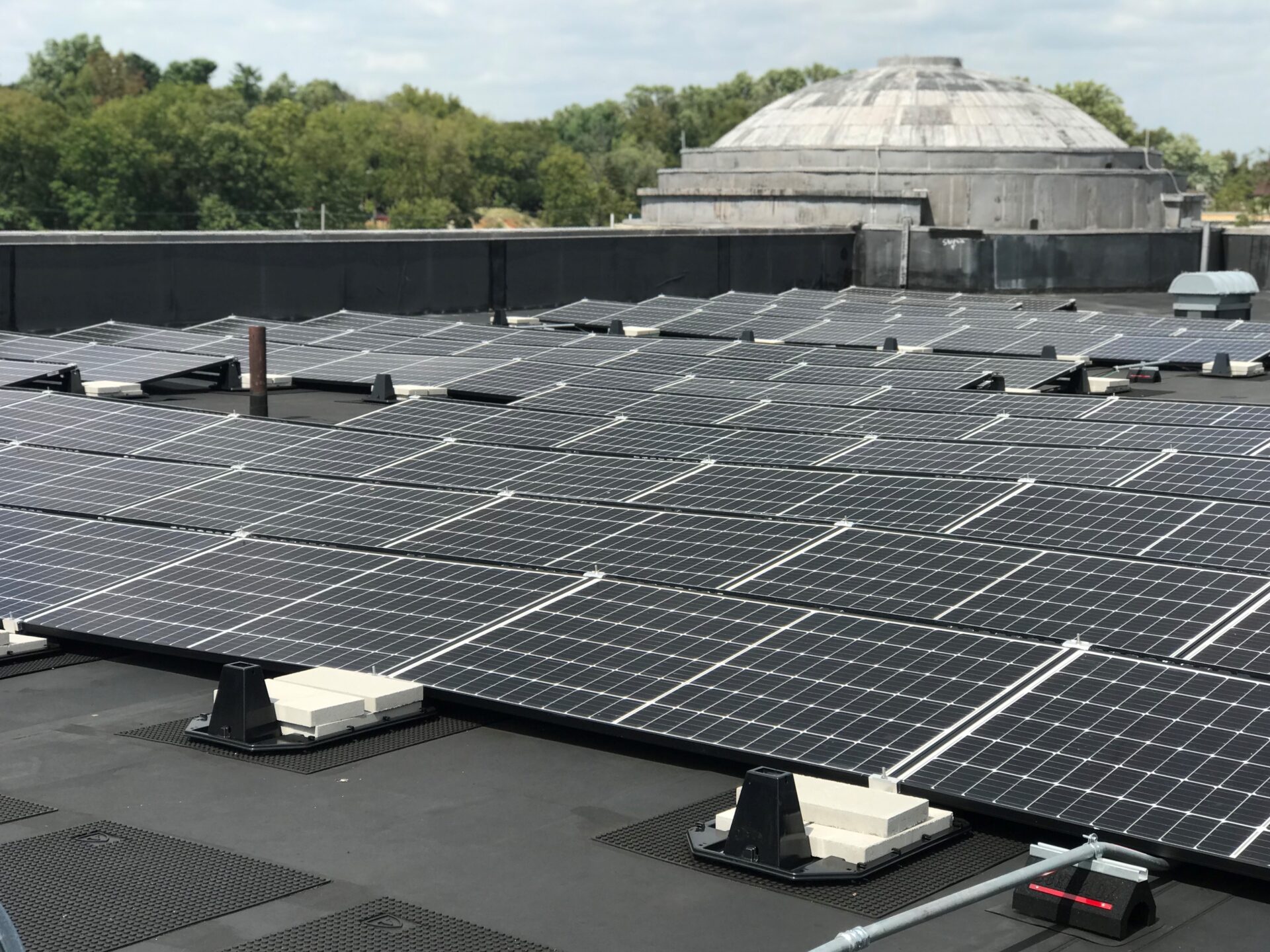Summer is the perfect time for students of all ages to relax, but it’s also a time when learning loss can occur. One of the best resources to avoid the so-called “summer slide” is the library.
Summer is the perfect time for students of all ages to relax, but it’s also a time when learning loss can occur. One of the best resources to avoid the so-called “summer slide” is the library.
On a recent Tuesday morning, the Morgantown Public Library is holding its weekly Summer Reading Program event. Dwight Overstreet helps his youngest son Riley complete the worksheet about friendship in literature. His older son is upstairs, looking at anime books.
Overstreet brought both his sons to the Morgantown Public Library to take part in the day’s activities and pick out some new books.
“I’ve never seen the excitement on both of my boys’ faces when they walk into the library,” he said. “I think it is of such a huge vital importance for a child’s development to come to a public library like this.
Despite living in Morgantown for almost a decade, Overstreet says it’s only the second time he’s brought his children to the library. But as a middle school teacher, he recognizes the importance of summer reading.
“I think it’s wonderful,” Overstreet said. “I do think a lot of it is for them to utilize their abilities, to enhance them because reading is such a fundamental skill that you use from a young age to even as an adult.”
Libraries provide a unique bridge for children during the summer months they’re out of school. A study by the Education Commission of the States found that while students make similar achievement gains during the school year, disadvantaged youth fall significantly behind in reading during the summer.
The same analysis found that two-thirds of the 9th-grade reading achievement gap can be explained by unequal access to summer learning opportunities during the elementary school years.
Sarah Palfrey is the director of the Morgantown Public Library system. She says Overstreet isn’t alone in delaying a trip to the library in recent years. But she says this summer has shown a marked increase in the public’s engagement with libraries since the COVID-19 pandemic emergency subsided.
“The enthusiasm is through the roof, both from the staff side of things and from the community,” she said. “We have been really pleased to see people, the return of a lot of families that we hadn’t seen for a while.”
Palfrey says increased engagement is great to see because reading experts agree that all reading counts toward a child’s development.
“But any kind of reading, all reading counts,” she said. “That’s our always at the baseline of everything.”
That means everything from picture books, to more traditional chapter books, graphic novels and even audiobooks count, regardless of topic.
“I think the biggest benefit that most kids get out of summer reading is sort of being in charge of choosing their own books,” Palfrey said. “Kids get told what to read a lot and summer reading gives them an opportunity to explore their own interests, read all the Minecraft books, all the Lego books.”
If your last experience with summer reading was from your own school days, things have changed a little bit.
Megan Tarbett is the director of the Putnam County Libraries as well as the president of the West Virginia Library Association. She says libraries have moved away from challenges or reading counts, and instead try to encourage library visitors to embrace the reading experience.
“We’ve moved away from quantitative logging of books for the children. We do bingo sheets and the things are, ‘I read for 15 minutes, I read outside, I picked a new book, I’ve visited the library,’” Tarbett said. “It’s different things instead of ‘I’ve read 100 books this summer,’ or ‘I only read two books this summer,’ because we don’t want to make anyone feel like their reading is less worthy, because they didn’t read as much.”
Libraries across the state and the country are hoping to not only keep kids learning during the summer, but more importantly spark a self-directed love of reading and learning.
Libraries also help with what Tarbett calls the business of life.
“Copiers, faxes, notaries, sometimes people are scrambling to try to print things and they forget that, you know, the library is there for them,” Tarbett said. “A lot of it is getting them to come to us with what they need, whether that’s entertainment or sustenance.”
Some libraries in West Virginia even serve as locations for summer food services, places where students can get free meals. And as temperatures heat up, libraries can play another important role in the community as simply a place to cool down and get away from the heat.
“It’s also uniquely situated as we require nothing of you to be in the building,” Tarbett said. “You can come in, use our computers, read our books, look at our magazines and never get a card. I don’t need to know who you are. And you don’t have to pay me a dime to just be in this place. And that is such a rarity. The library expects nothing of you.”
